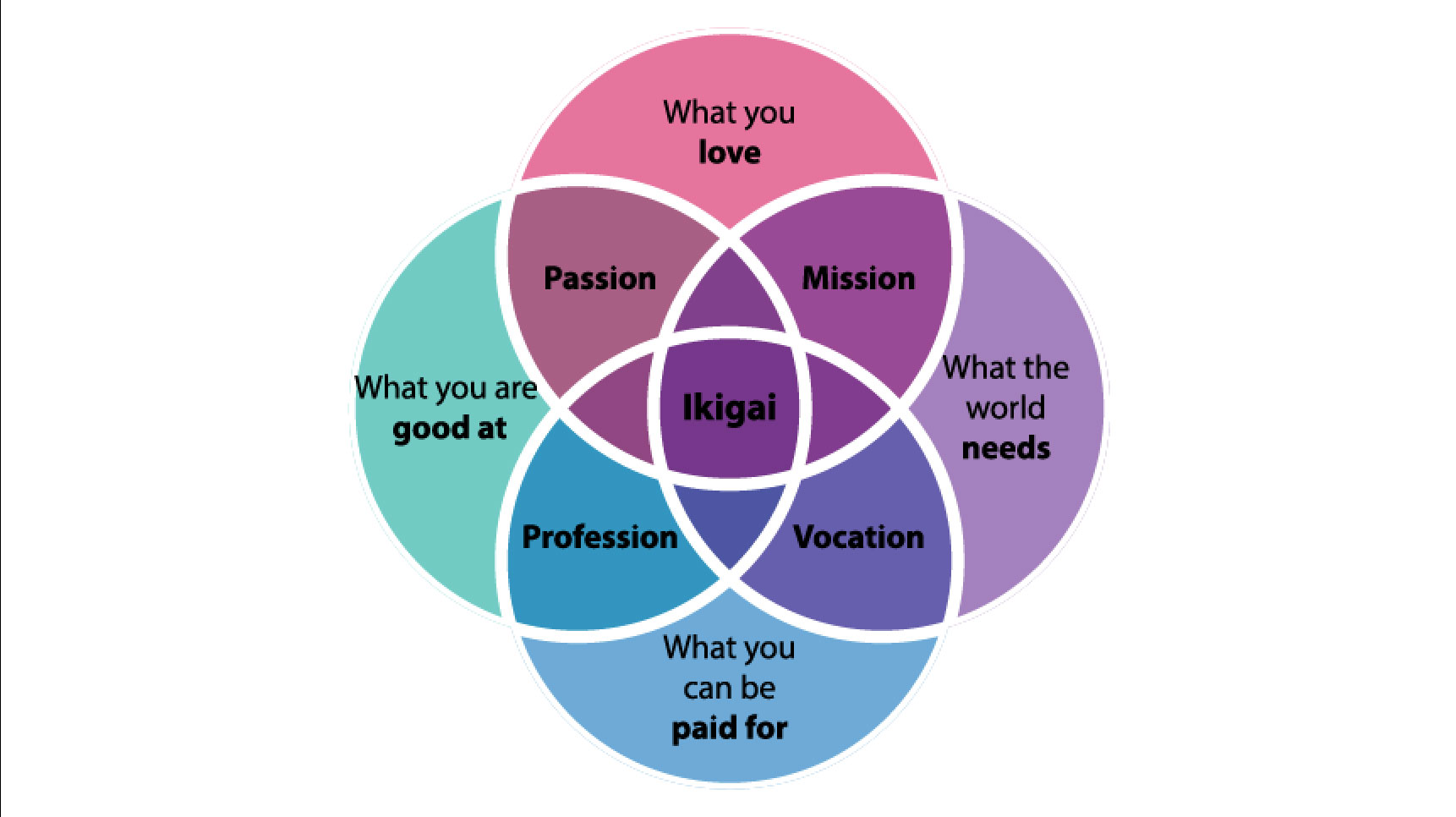Money makes people happier, it’s true, but only up to a point. In the US, that point is around $75,000 a year, after that, it takes more than money to increase happiness.
Money is a good motivator for tasks that are moderately easy or repetitive and don’t ask for much in the way of mental effort or creativity. For these tasks we’ll often work harder the better paid we are, but motivation works differently when we do creative work.
When the jobs we do require us to use our brains, to be innovative or solve problems, money doesn’t work the same way.
Daniel Pink writes in his book Drive: The Surprising Truth About What Motivates Us that children who were rewarded for doing art–children who loved it before being rewarded for it–enjoyed it less afterwards. They had come to associate an extrinsic motivator to art, and from then on, their thought was “why should I make art if I don’t get anything for it?” The extrinsic motivator took over the intrinsic desire to be creative.
If all we want or get from doing something we enjoy is money, it will go from being something we do for love to something superficial.
Money is a welcome reward that many of us would enjoy getting more of, yet it only makes us happier by itself to a point, after that it takes more than extra cash to improve our happiness and in effect make us more motivated.
This is where intrinsic motivation comes in.
What Is Intrinsic Motivation?
Intrinsic motivation is the self-directed desire to seek out new things and new challenges, to analyze one’s capacity, to observe and to gain knowledge through direct experience.
There are three main pillars of intrinsic motivation:
1. Autonomy:
We desire to be self-directed. People are curious, we have an inner drive and a natural tendency to explore. We like to be in control and make our own decisions.
2. Mastery:
We like to get better at things that are important to us. It’s what makes games so addictive, and why learning something new can feel so rewarding. We need a sense of progress, without it we feel stuck in a rut.
3. Purpose:
We should strive towards something transcendental, to be a part of something meaningful and bigger than ourselves.
If we find a way to incorporate autonomy, mastery and purpose into our jobs we’ll find our work more fulfilling, it’ll lead to better performance and a more happy and positive outlook on what we do.
This is especially important for ADHD creators and entrepreneurs because we crave these internal motivators because extrinsic motivators of rewards and punishments are often not enough motivation unless they are immediate.
This intrinsic motivation trifecta should be something you strive to place into your life and into the lives of others, especially if you have employees or work for a large company; if the team is utilizing them correctly, the output will be far more inspired and creative.
So what are some ways to incorporate more autonomy, mastery and purpose into our work?
Daniel Pink recommends to start by paying or being paid enough to take money off the table as a motivator. “Pay people enough so that they’re not thinking about money and they’re thinking about the work.”
After that, you can try some of the following:
Have more flexible hours, be in control of managing your own time, choose where you work and the tasks you work on. Go to conferences, explore your creative potential or take one of the many online learning resources available–satiate your thirst for improvement by continuing to educate yourself. And keep assignments and goals just out of reach, if they’re too easy you’ll get bored and uninspired, if tasks are too difficult you risk getting lost and overwhelmed.
“A man’s reach should exceed his grasp.”
There are many other ways you could include these aspects of motivation into your job, the trick is to find what’s personally meaningful to you, what you want to achieve and what makes you happy, and find a way to move towards it.





I totally agree with your post. I was like jack of all trades but master of none in my younger years. I can’t stay long on a certain field, from a course in college, to a job, or even hobby. I lose interest easily on something especially if it is a routine. Didn’t know what’s wrong with me and people around me couldn’t trust me because I can’t commit myself no matter how great the reward/salary is. Until I found my passion in tech field on my late 20’s. I found great satisfaction every time I discover and learn new skills. I believe I was good at nothing. But every time I successfully fix an issue on a certain gadget, I felt good about myself and slowly seeing my worth. Those feelings I would never trade for money. Even at times where the compensation doesn’t pay off the hard work, still, it feels worthy that money can’t buy. And I am thankful upon reading your post because now I know that what drives me is called Intrinsic Motivation. Never heard of it before.